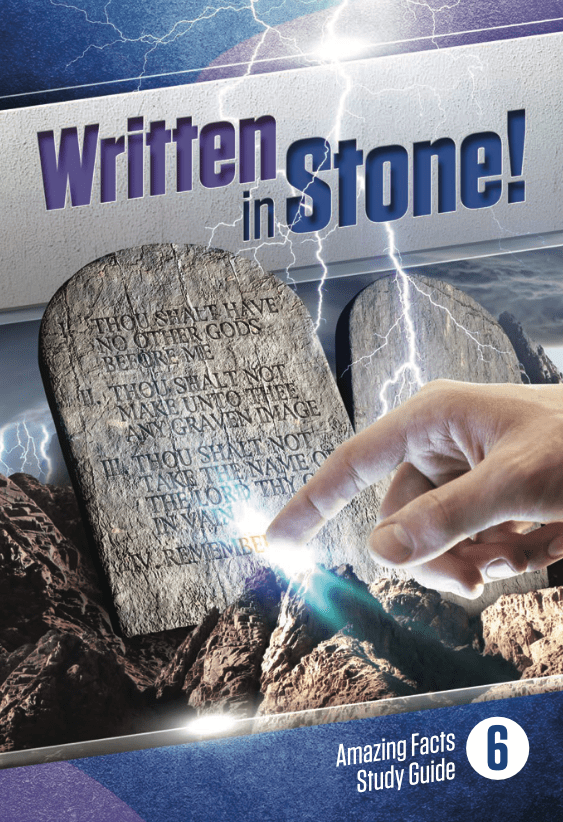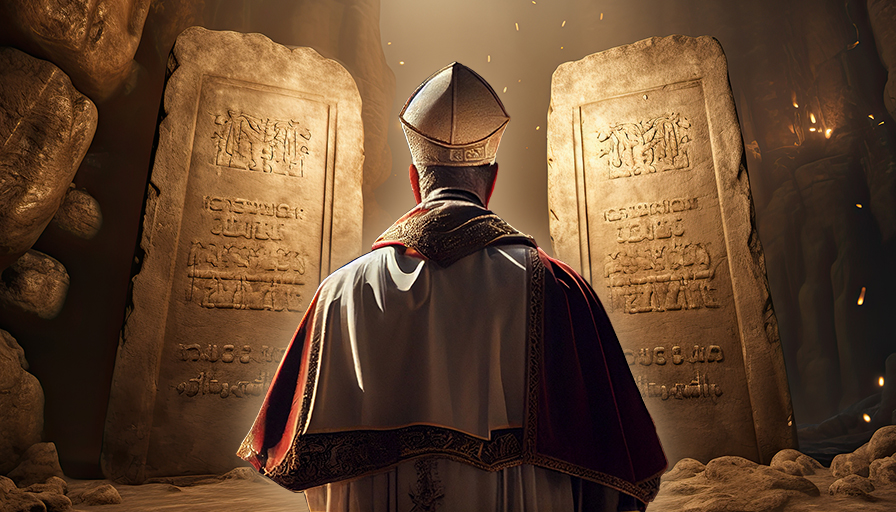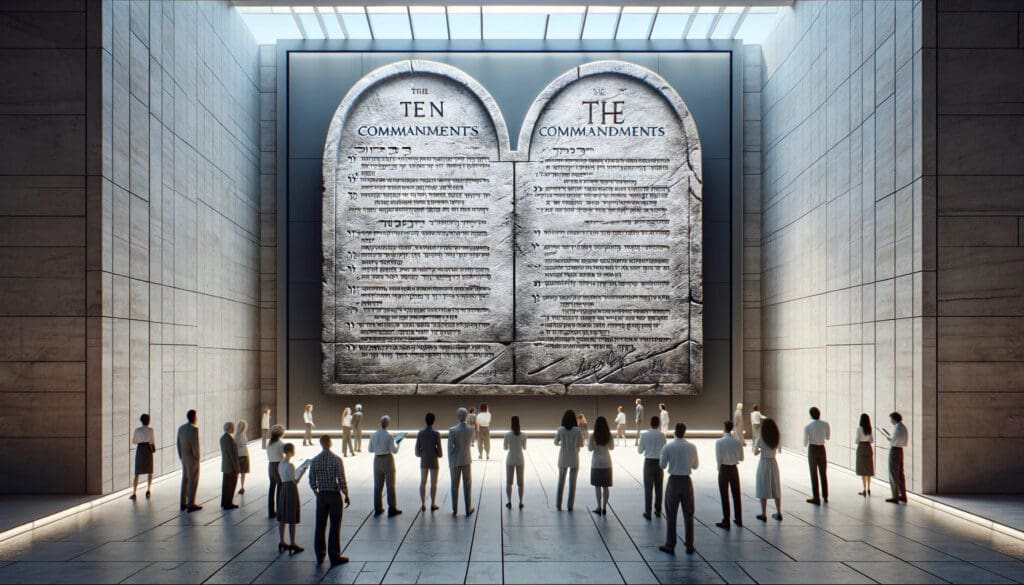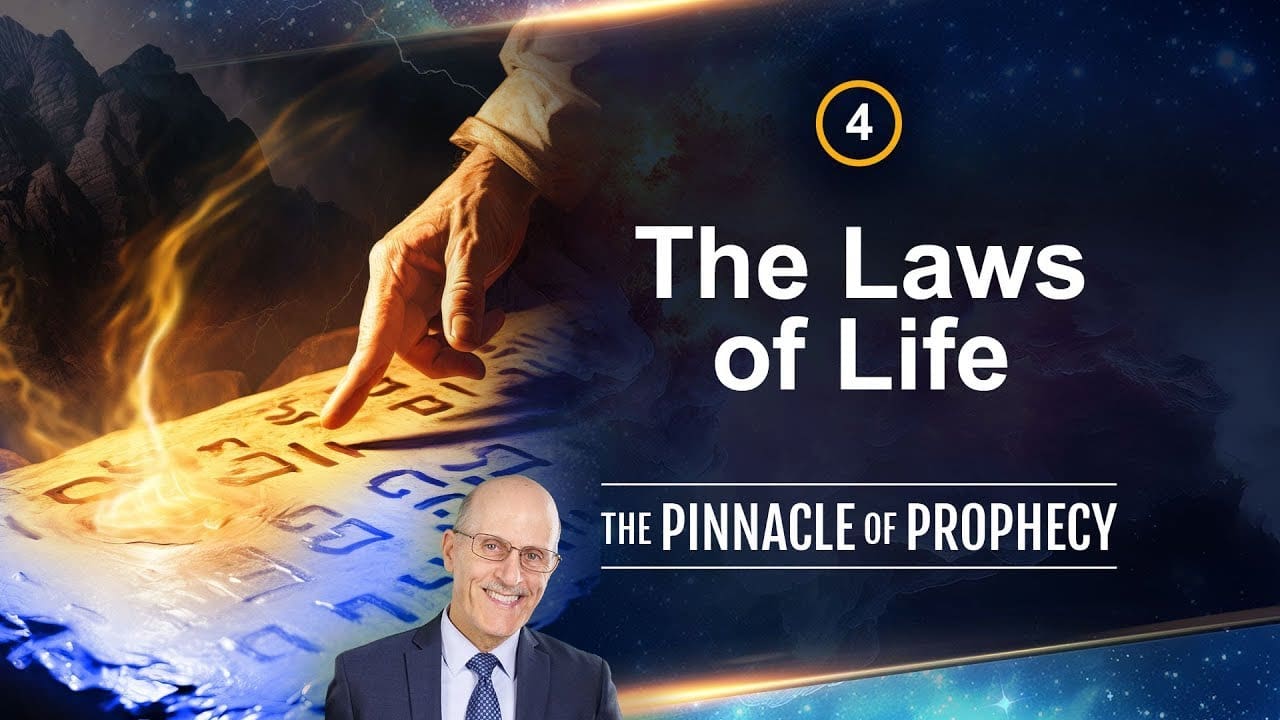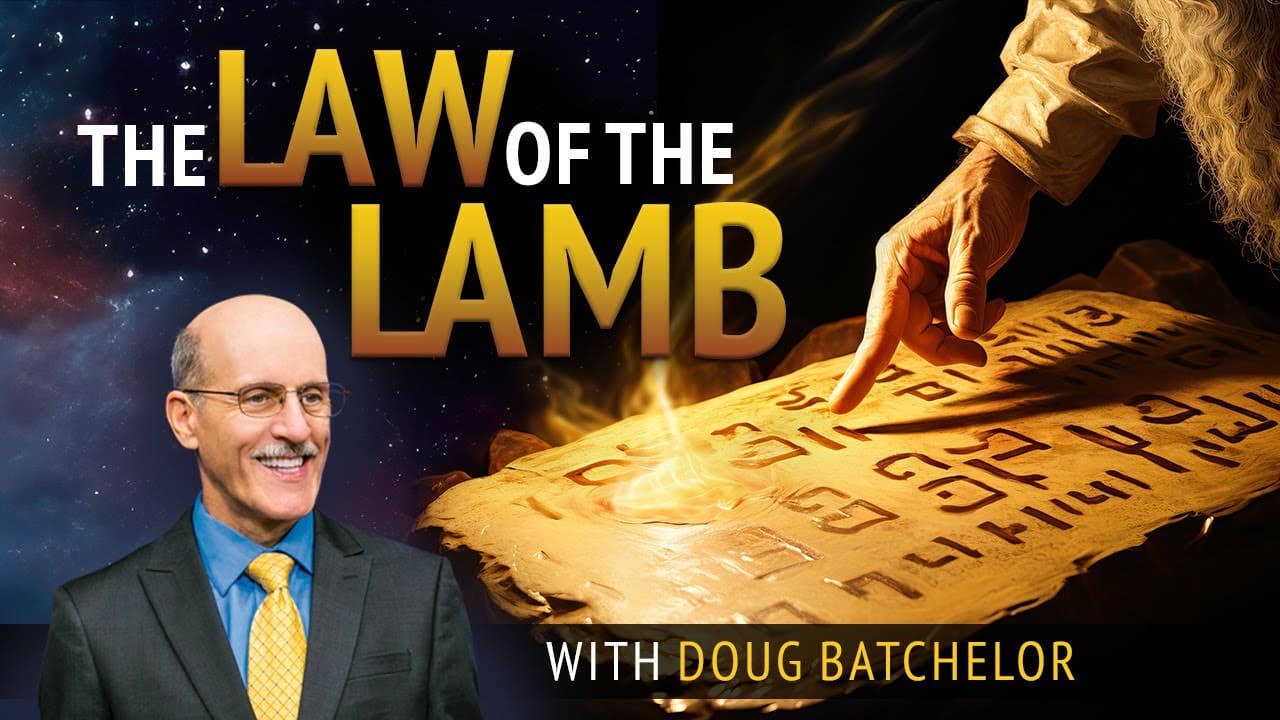Why Should We Follow the Ten Commandments?
The question, why should we follow the Ten Commandments, is really asking why we should follow Christ.
Jesus said, “I have kept My Father’s commandments and abide in His love” (John 15:10). Peter quoted from Isaiah 53 when he said that Jesus, “committed no sin.” If sin is a transgression of the law (1 John 3:4), then Jesus clearly kept the commandments as He said He did.
Paul says that Jesus is a “High Priest…who is holy [pure], harmless, undefiled, separate from sinners, and has become higher than the heaven” (Hebrews 7:26). I don’t think any Christian would consider it a new idea that Jesus followed the Ten Commandments, but why should we follow them?
Numerous times Jesus says we need to follow Him. For example, He said, “If anyone desires to come after Me, let him deny himself, and take up his cross, and follow Me” (Matthew 16:24). Paul told us we should be imitators of Christ (1 Corinthians 11:1). If Jesus followed the Ten Commandments and we follow Christ, shouldn’t we also follow the Ten Commandments?
Perhaps a passage that most directly states why we should follow the Ten Commandments is found in 1 John 2:4-6. It says, “He who says, “I know Him,” and does not keep His commandments, is a liar, and the truth is not in him. But whoever keeps His word, truly the love of God is perfected in him. By this, we know that we are in Him. He who says he abides in Him ought himself also to walk just as He walked.
In Mark 10, a wealthy young man came to Jesus and said, “Good Teacher, what shall I do that I may inherit eternal life?” (Mark 10:17). Jesus responds by saying, “ You know the commandments: ‘Do not commit adultery’, ‘do not murder,’ ‘do not steal,’ ‘do not bear false witness,’ ‘do not defraud,’ ‘honor your father and your mother’ (Mark 10:19). In doing this, Jesus made reference to 5 of the last six of the Ten Commandments.
In that advice from Jesus to this man to sell all he had and store up his treasures in heaven, Jesus addressed the tenth commandment and the first four commandments. Jesus told this man that the path to being in love with God, is to treasure God and His things rather than the things of this world. This is why we should follow the Ten Commandments: because we love God. It puts His ways above our ways.
This young man was seeking to have eternal life. However, he did not realise that “This is eternal life, that they may know You [God], the only true God, and Jesus Christ whom [He] sent (John 17:3).” Notice that in the exchange between the young man and Jesus it says, Jesus looked at him and loved him (Mark 10:21). The young ruler either did not discern that love or was not moved by it. Otherwise, there would have been nothing to prevent him from following the Ten Commandments in their entirety.

Jesus says, “If you love Me, keep My commandments” John 14:15. This is a direct quote from the second commandment written in Exodus 20:6 and in Deuteronomy 5:10. Why should we follow the Ten Commandments? Jesus is telling us it is the Ten Commandments that He is referring to by using that direct quote. Moreover, He is indirectly telling us that a sign of loving Him is when we obey His will written in the Ten Commandments.
Jesus also tells us, “ If you keep My commandments, you will abide in My love, just as I have kept My Father’s commandments and abide in His love” (John 14:15). In other words, Jesus says when we follow the Ten Commandments, we are abiding in Him and following His example of commandment keeping.
There are two main reasons why people feel we are no longer to follow the Ten Commandments. The first reason is that they sense their own incapability of keeping the Ten Commandments. The second reason is that many Christians take an exception to the idea of keeping the seventh-day Sabbath.
It is interesting to note that when Jesus says, “If you love Me, keep My commandments” (John 14:15), He immediately follows that with, “And I will pray the Father, and He will give you another Helper, that He may abide with you forever” (John 15:6). We have a helper in the Holy Spirit who will enable us to follow the Ten Commandments. We are not left alone.
When Jesus told the rich young man that he needed to follow all ten of the Commandments, the young man went away sorrowful, not willing to forgo his treasures on this earth. He obviously thought that the cost of eternal life was too much. Jesus turned to His disciples and said, “How hard it is for those who trust in riches to enter the kingdom of God!”
Many love the idea of eternal life. However, the reality of what it means to walk as Christ walked seems beyond them. It is not easy to “take up the cross, and follow” Jesus (Mark 10:21), and “die daily” (1 Corinthians 15:31) to our own will and follow the Ten Commandments entirely. Jesus concluded the story of Mark 10 with “With men it is impossible, but not with God; for with God all things are possible” (Mark 10:27).
When we choose to be wholeheartedly obedient to God, we will follow the Ten Commandments perfectly; with God it is possible. This is what Paul tells us in Philippians 2:13-14. There He says, “Therefore, my beloved, as you have always obeyed, not as in my presence only, but now much more in my absence, work out your own salvation with fear and trembling; for it is God who works in you both to will and to do for His good pleasure.”
The ability to bring forth the fruit of following the Ten Commandments is only possible as we abide in Christ. We abide in Christ as His words of scripture abide in us, In John 15:4-7 Jesus said,
“Abide in Me, and I in you. As the branch cannot bear fruit of itself, unless it abides in the vine, neither can you, unless you abide in Me. "I am the vine, you are the branches. He who abides in Me, and I in him, bears much fruit; for without Me you can do nothing. If anyone does not abide in Me, he is cast out as a branch and is withered; and they gather them and throw them into the fire, and they are burned. If you abide in Me, and My words abide in you, you will ask what you desire, and it shall be done for you.”
John 15:4-7
Our question, why should we follow the Ten Commandments, should be transformed into why would we not? If God, who has the power to create the entire world and to sustain Jesus through the hours of His temptation and sacrifice, says He does the work, there should be no impediment to choosing to follow the Ten Commandments. The act of choosing is the only work we need to do; God empowers the desire and the capacity to follow the Ten Commandments.
The second reason that people ask, why should we follow the Ten Commandments is because they believe the seventh-day Sabbath of the fourth commandment is no longer binding. There are other articles on this website that go into more detail on this matter. However, there are four reasons I will briefly give as to why we should follow even the fourth of the Ten Commandments. They are:
- The most important reason is that Jesus kept the seventh-day Sabbath all of His life (Luke 4:16). He was happy to break other customs of the Jews (for example, see Mark 7: 5-13). To follow Jesus is to follow the Ten Commandments, including the fourth.
- The early Christian church, including the Gentiles, continued to keep the Sabbath (for example, see Acts 13:14, Acts 13:42, Acts 13:44, Acts 16:13, Acts 17:2, Acts 18:4).
- There is nothing in the Bible that tells us that we should no longer keep the seventh-day Sabbath of the fourth commandment. There is an injunction to no longer be bound to the ceremonial sabbaths of the feasts and festivals (Colossians 2:16) which occurred on a yearly cycle and not a weekly one. However, they are not the same thing.
- We will be keeping the Sabbath in the earth made new. We are told in Isaiah that “From one Sabbath to another, All flesh shall come to worship before Me” (Isaiah 66:23). Moreover, in Revelation we are told that a defining feature of the faithful followers of Christ is that they keep the commandments of God (Revelation 12:17; Revelation 14:12).
Why should we follow the Ten Commandments? Because when we do so, we follow in the footsteps of Christ, of the early church, and the redeemed.



